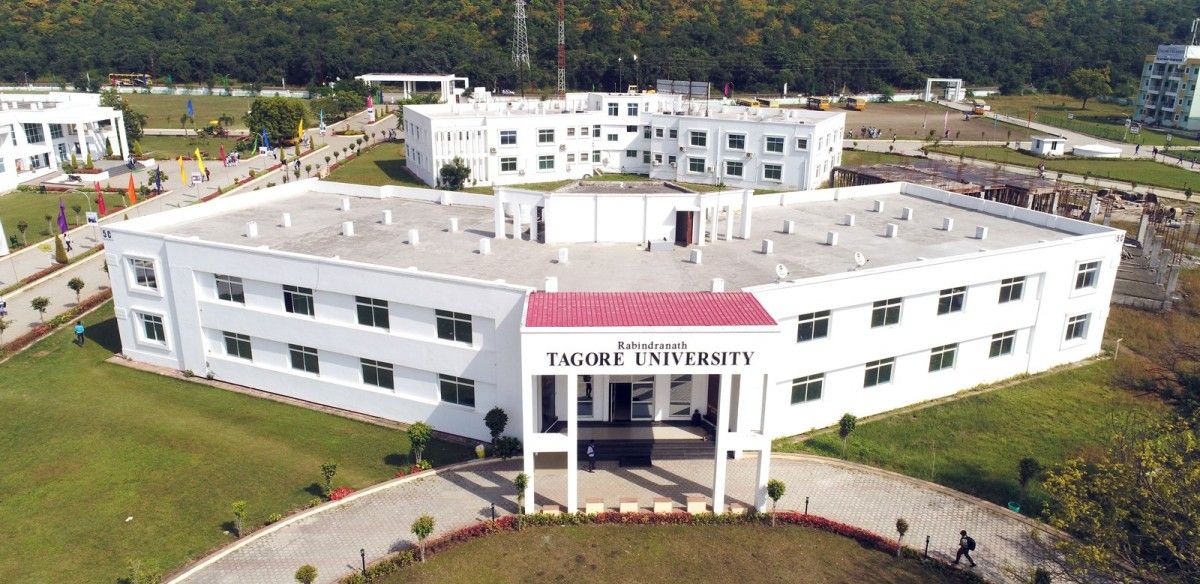India is an agricultural country, which makes an education in agriculture very important. More than 80% of the population of India relies on agriculture as a source of income.
India is an agricultural country, which makes an education in agriculture very important. More than 80% of the population of India relies on agriculture as a source of income. Although India has faced shortages in food grain production, especially during the time of independence, over time, India has achieved spectacular growth and self-sufficiency in the field of agriculture, despite the fact that there has been an increase in population.
This agricultural self-sufficiency is a huge achievement by India in the history of agriculture worldwide. There has been growth in agriculture, milk production, fish, seed development, and fruit and vegetable production. These increases have contributed to the green, yellow and blue revolutions, leading to a collective growth in the industry. This has also helped in the establishment of institutions that help further the development of agriculture.
Rabindranath Tagore University is one of the institutions that provide students with the option to study B.Sc in Agriculture. Out of the many agriculture colleges in Bhopal, RNTU is the best option as the course is regularly updated to make sure it meets industry standards. Maintaining standards in agricultural education are more important than ever before, as India needs to maintain the self-sufficiency it has achieved through so much hard work. The university aspires to meet the urgent need for human resources in the field of agriculture.
Any student enrolled in B.Sc Agriculture in RNTU would get the opportunity to learn about various different sections of agriculture like animal husbandry, agricultural engineering, forestry, horticulture, food processing and agricultural business management just to name a few. The students are also taught about all the traditional practices of agriculture along with modern technology that is used in agriculture nowadays. Together, all of these practices keep the field flourishing in the present and for years to come.
There are several challenges in the field of agriculture which can only be tackled if more students decide to pursue agriculture for their studies. Some of the major challenges faced in the agriculture sector are given below.
- Globally, there is low productivity
- Decreasing profits in farming
- Competitiveness regarding the quality of crop due to globalization
- Poor linkages between farms and markets
- Low knowledge of input agriculture
To fully address and understand the challenges, an adequate number of people are needed in the field of agriculture, as fresh talent can help deal with changes a lot better with their new perspectives. To ensure that this happens, there needs to be a strong emphasis on agriculture as a career option. Education in agriculture can bridge the gap between the demand and supply of manpower in the field of agriculture. More students need to be encouraged to opt for the course, and for this, they need to know more about the career options available after doing B.Sc in Agriculture, so that the gap can be bridged.
Some career opportunities after doing B.Sc in Agriculture
A lot of students opt for higher education in the field by going for M.Sc in Agriculture, MBA or Masters in Agricultural Science. This provides students with the opportunity to gain specialized knowledge and expertise.
Students also have the option to go for banking sector jobs by appearing for IBPS exams. Students interested in civil services can appear for UPSC examinations too.
The food processing industry is another great option for students of agriculture.

